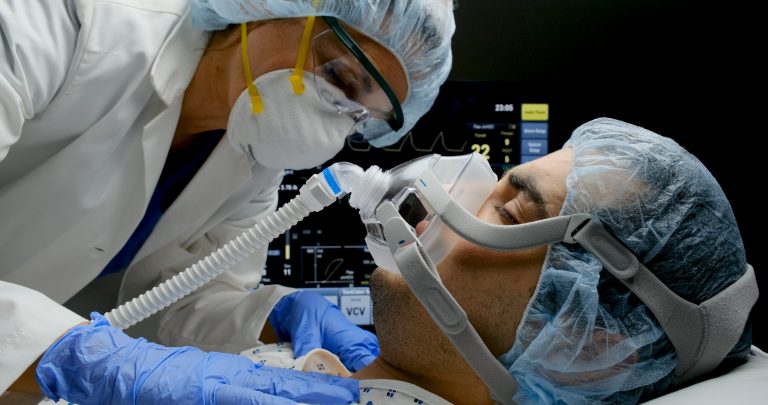
Researchers from the Cleveland Clinic believe that specific variants in the ACE2 and TMPRSS2 genes could predispose people who carry them to develop more severe COVID-19 if infected with the virus.
There are a number of risk factors, such as older age and having a pre-existing health condition, that are known to increase a person’s risk of contracting a more severe form of COVID-19. However, some young and healthy people have also been affected and there remains considerable uncertainty about why some people get a severe case of the disease and others do not.
ACE2 and TMPRSS2 encode enzymes that help the SARS-CoV-2 virus to enter human cells and activate it to infect other cells. Feixiong Cheng, PhD, from the Cleveland Clinic in Ohio, and colleagues assessed the degree of genetic variation in the two genes to determine if this could impact severity of COVID-19.
The scientists analyzed 81,000 genomes from the Genome Aggregation Database, Exome Sequencing Project, and 1000 Genomes Project—the data from which are freely available to researchers. They found 437 variants in the sequence of these two genes that could impact the makeup of the protein they encoded. Of these, they estimated that 63 of the ACE2 variants and 68 of the TMPRSS2 variants could be disease related.
As outlined in the journal BMC Medicine, the researchers found that population distribution of the disease-associated genetic variants differed depending on a person’s ethnic origin. Some of the variants in the ACE2 gene were linked to cardiovascular and lung conditions, whereas some in the TMPRSS2 gene were linked to different cancers.
Cheng and team also proposed ways that repurposed drugs such as hydroxychloroquine could be used to treat severe COVID-19 depending on a person’s genotype for the variants in these two genes, although this would need to be confirmed by further research.
“Because we currently have no approved drugs for COVID-19, repurposing already approved drugs could be an efficient and cost-effective approach to developing prevention and treatment strategies,” Cheng commented. “The more we know about the genetic factors influencing COVID-19 susceptibility, the better we will be able to determine the clinical efficacy of potential treatments.”
Overall, the team cautions that these findings are only preliminary, as the participants in the genome databases had not been infected with COVID-19. They are urging the research community to set up a human genetics initiative to investigate these potential genetic links further.













